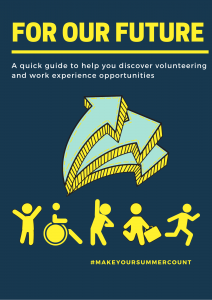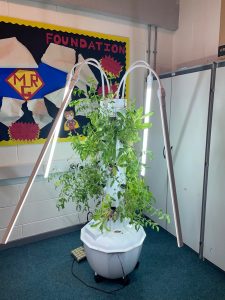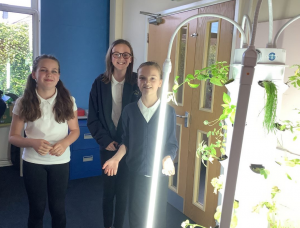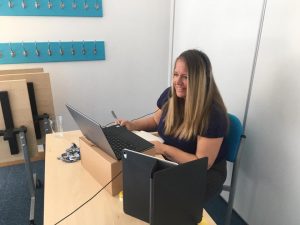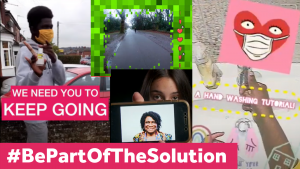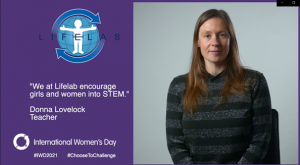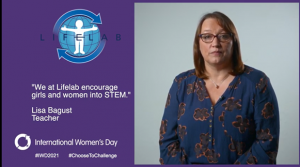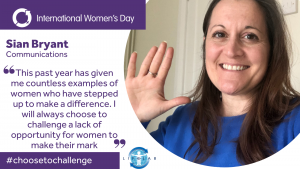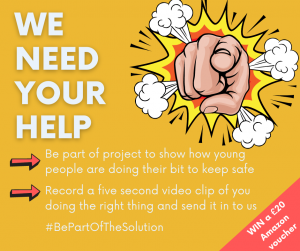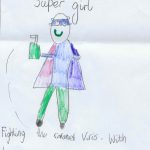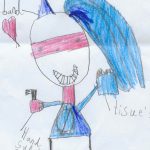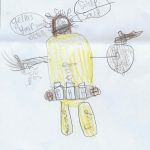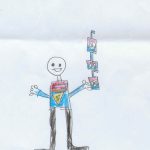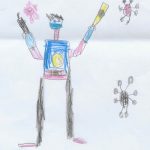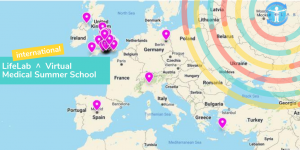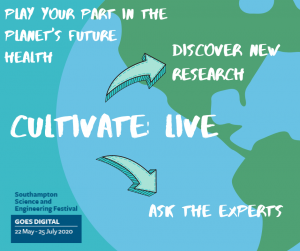After a tough year of lockdown, isolations and virtual everything, putting yourself out in the big wide world for volunteering and work experience might feel a bit daunting for many young people.
As we ease out of some of the toughest restrictions brought on by the pandemic, navigating their way into the world of work could also be a bit tricky for some.
That’s why the LifeLab team has come up with a pack pulling together a load of opportunities open to young people who want to dip their toe into the world of work or volunteering.
Packed full of hints, tips, suggestions and recommendations, the free pack is a one-stop shop for everything young people need to get them started.
Along with listing some great virtual and in-person opportunities, the team has also spoken to young people who have been there and done it; getting their take on why it worked for them.
We have also spoken to employers and recruiters to get their views on how valuable work experience and volunteering is to future career prospects.
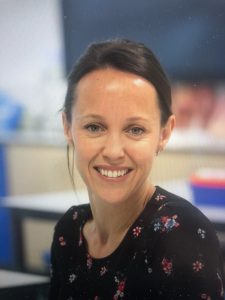
>>>> Download the pack here<<<<
LifeLab’s developing young talent lead Kate Bartlett, said the idea for the pack was that it would help young people who might be unsure how to apply for experiences outside of school.
She said: “When we thought of pulling this resource together we had in mind school leavers who might have just signed off from secondary school and who have a long summer ahead of them.
“With lots of time already spent in lockdown and possibly isolation, we know young people are desperate to get back to normal life and start making the most of the opportunities that are out there.
“This pack gives young people the tools and tips they need to make their summer count, by engaging in work experience and volunteering opportunities. It was also great to speak to students who have already been involved in those opportunities so they could pass their insight on. We really hope young people will enjoy using the pack and would love to hear any feedback from those who do.”
Along with the pack, the LifeLab team will be sharing work experience and volunteering opportunities on their social media channels.
The team can be found on Instagram lifelab_soton, Twitter @LifelabSoton and Facebook @lifelabsouthampton . Get in touch with your feedback on email lifelab@soton.ac.uk.
